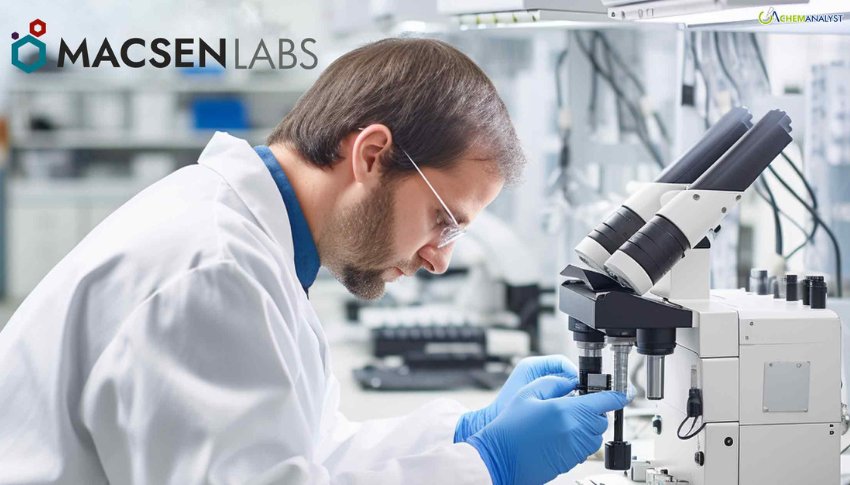Welcome To ChemAnalyst

The company has filed a provisional patent for its proprietary synthesis process and is now advancing towards pilot-scale manufacturing.
Macsen Labs, a company with a rich history in manufacturing APIs, dyes, and specialty chemicals since 1952, has made a groundbreaking announcement in the field of energy storage. The company has successfully synthesized a high-performance Prussian White, a crucial next-generation cathode material for Sodium-Ion batteries, at an R&D scale. This achievement marks a significant step forward in the quest for sustainable and affordable energy solutions, prompting Macsen Labs to file a provisional patent for its innovative synthesis process. The material has already undergone rigorous optimization at the company's electrochemistry and battery R&D facility.
Exactly one year ago, with no prior experience in electrochemistry, Macsen's team embarked on fabricating a basic pouch cell within a standard chemistry R&D lab, devoid of specialized equipment.
Macsen's dedicated battery R&D facility is equipped with state-of-the-art tools, including an argon-filled glovebox for inert atmosphere handling, coin and pouch cell fabrication stations, electrode coaters, crimpers, vacuum dryers, and advanced electrochemical testing systems such as cyclers and potentiostats. This comprehensive setup empowers Macsen to rapidly prototype and test battery cells using their own synthesized materials, drastically cutting down development time.
Leveraging its existing pilot-scale chemical synthesis facility, Macsen is now producing Prussian White at a kilogram scale. Through extensive experimentation over the past year, the team has honed its expertise in Prussian White chemistry, achieving what is believed to be one of the finest quality variants produced to date.
Through its proprietary process, Macsen has achieved an impressive energy density exceeding 150 mAh/g with Prussian White, a performance comparable to that of Lithium Iron Phosphate (LFP) batteries. Furthermore, the material exhibits excellent stability, rapid sodium-ion mobility due to its open crystalline structure, and compatibility with existing Li-ion cell manufacturing infrastructure.
This pioneering project, initially incubated within Macsen Labs, is now being advanced under a new, dedicated entity currently in formation: 'Macsen Energy.' This new venture will exclusively focus on energy storage innovation and scale-up, underscoring the company's commitment to this critical sector.
Macsen's current Sodium-Ion battery technology, which pairs its Prussian White cathode with a hard carbon anode, is ideally suited for a wide range of applications. These include battery energy storage systems (BESS) for grid and solar, household backup and inverter systems, short-range EVs, auto-rickshaws, two-wheelers, city buses, rural microgrids, and energy access solutions.
Macsen aims to develop economical form factors by innovatively combining low-cost battery materials, components, and manufacturing processes, particularly for large-scale stationary energy storage. A significant inherent cost advantage of sodium-ion technology is its ability to use aluminium instead of copper as the cathode current collector, further driving down raw material costs.
We use cookies to deliver the best possible experience on our website. To learn more, visit our Privacy Policy. By continuing to use this site or by closing this box, you consent to our use of cookies. More info.
